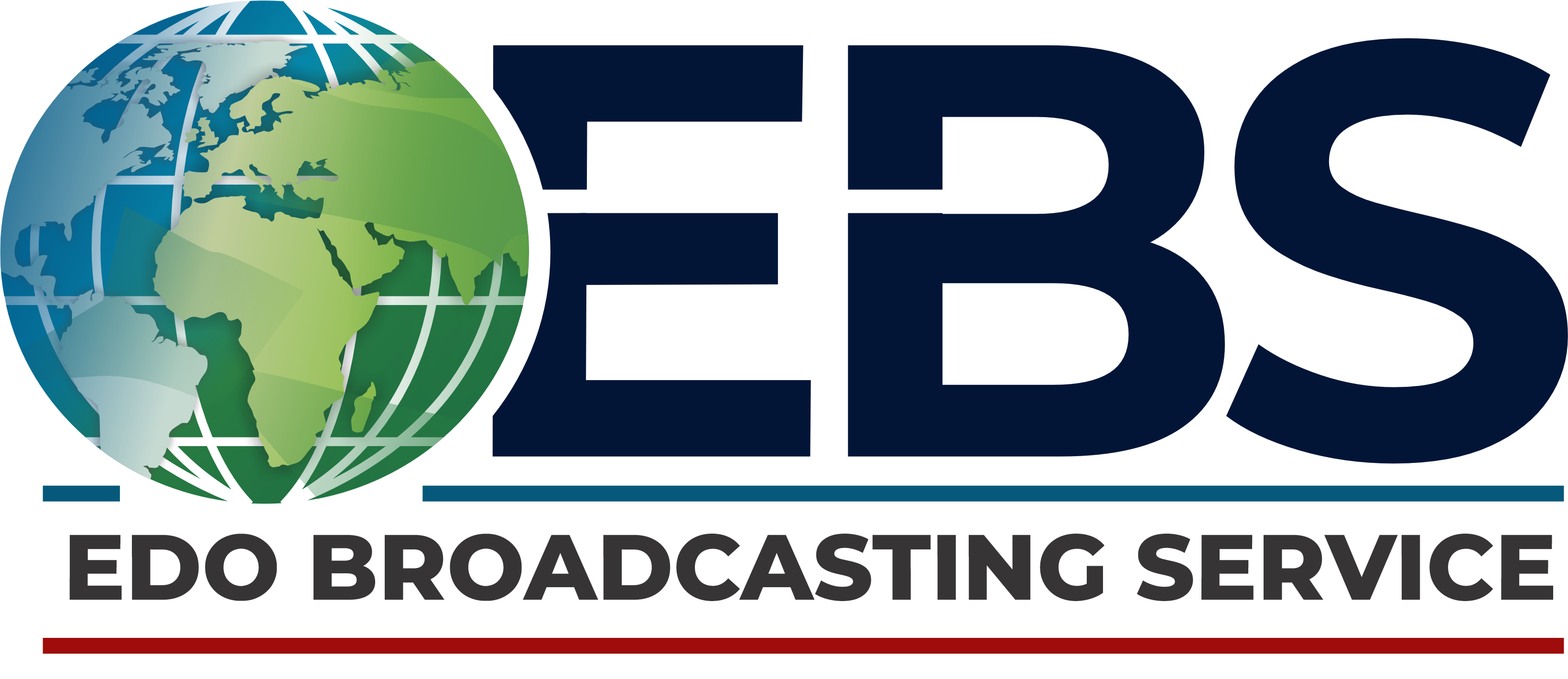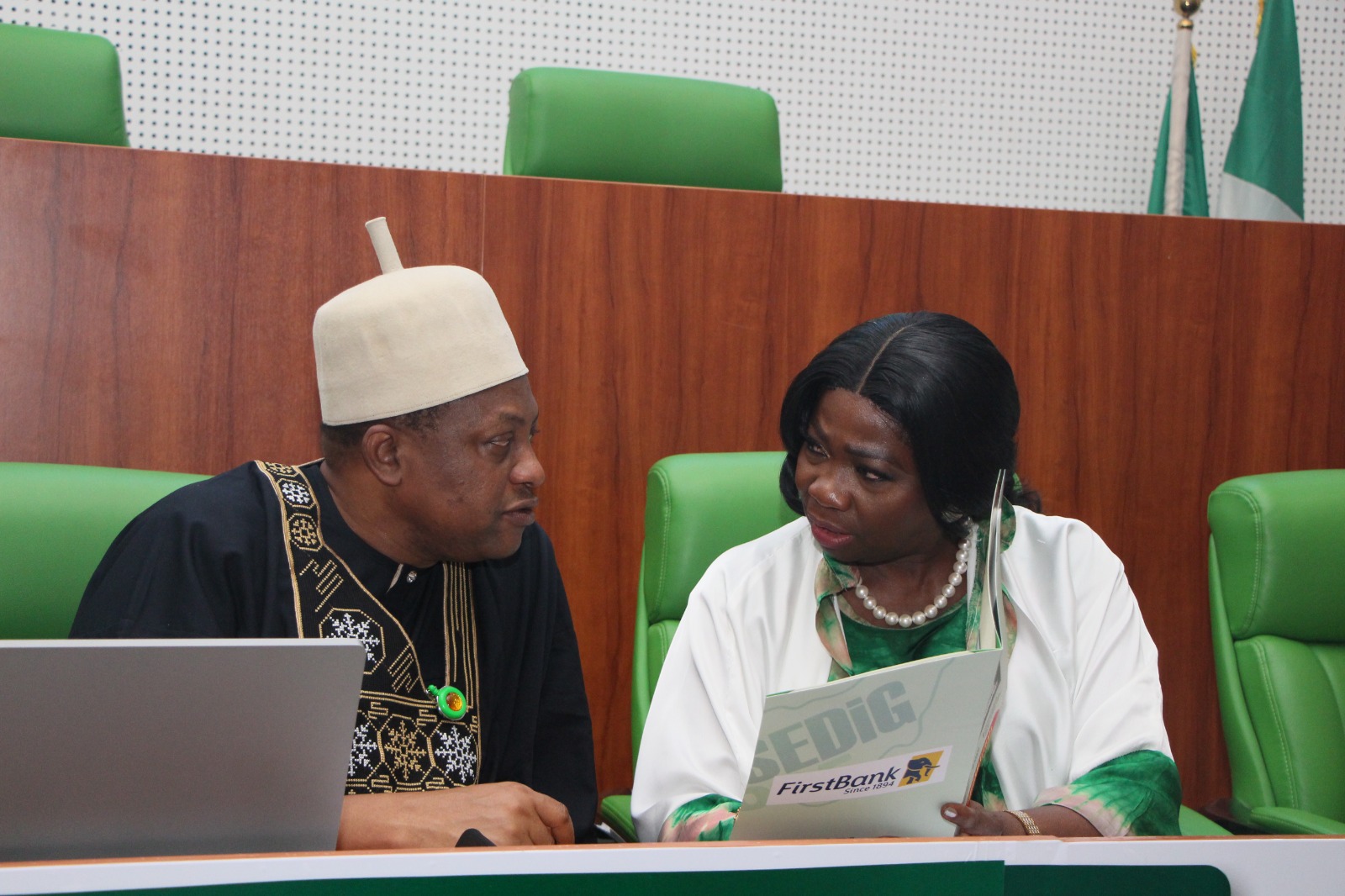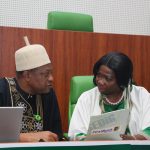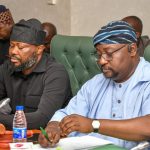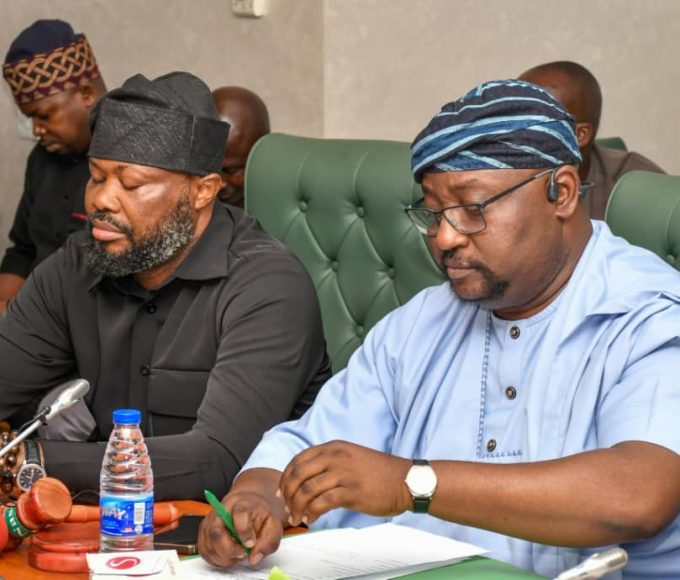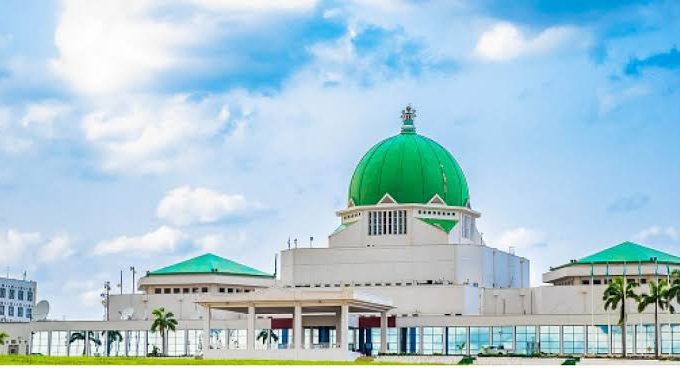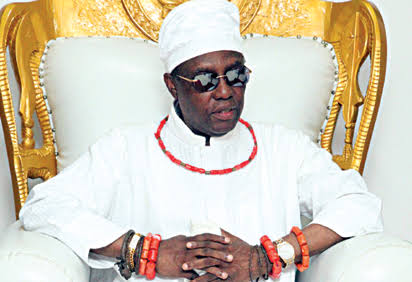The Speaker, House of Representatives, Tajudeen Abbas, has announced that the Federal Government is advancing plans for the Diaspora Voting Bill, which seeks to grant Nigerians living abroad the constitutional right to participate in national elections.
He dropped the hint while declaring open a one- day
Nigerian Stakeholders Engagement on Diaspora Governance (NiSEDiG 2025) and the launch of the Nigerians in Diaspora Response (NiDRes) Application and Website, organised by the House of Representatives Committee on Diaspora in conjunction with Nigerians in Diaspora Commission (NIDCOM).
Speaking through a representative, Patrick Umoh, the Speaker described the initiative as “a major step towards extending democratic participation to all citizens and ensuring that every Nigerian voice is heard in the process of nation-building.”
Abbas stated that the 10th House of Representatives regards diaspora engagement as a national priority, aligned with its legislative agenda of inclusion, accountability, and economic reforms.
Earlier, Chairman House Committee on Diaspora, Tochukwu Okere, said that the NiSEDiG 2025 initiative was designed to create a unified policy framework combining institutions, legislation, and technology to improve Diaspora Governance.
He explained that the newly launched Nigerians in Diaspora Response (NiDRes) App and Website would simplify how Nigerians abroad access government services and communicate with missions globally.
In her keynote speech, Chairman/CEO, Nigerians in Diaspora Commission (NiDCOM), Abike Dabiri-Erewa, highlighted the remarkable progress made in diaspora engagements since the Commission’s establishment six years ago.
She said, “Over the past six years, the Nigeria–Diaspora relationship has made groundbreaking strides in health, education, agriculture, ICT, transportation, and volunteerism,”.
“We have now entered a new phase of consolidating diaspora engagement to boost national development”, she added.”
Dabiri-Erewa recalled that the National Diaspora Policy, approved by the Federal Executive Council (FEC) on April 28, 2021, provides the framework for facilitating diaspora participation in national development.
The NIDCOM boss said the Diaspora Data Mapping Portal, launched in June 2021, continues to support data collection and informed decision-making.
She noted
that Diaspora remittances remain Nigeria’s highest source of foreign exchange, amounting to US$23.81 billion in 2019 — approximately 6% of the nation’s GDP.
She also listed several key initiatives spearheaded by NiDCOM which include, National Diaspora Day (July 25), celebrating diaspora contributions to national development, the Nigeria Diaspora Investment Summit (NDIS), a platform connecting diaspora investors with local opportunities.
Others include the National Town Hall Meeting, a meeting where the President meet with the Diasporas domicile whenever he travels.
The National Diaspora Merit Award, recognising exceptional Nigerians abroad, the Diaspora Quarterly Lecture Series on critical issues affecting Nigerians overseas and collaborative interventions with the Ministry of Foreign Affairs and Humanitarian Affairs in repatriating distressed Nigerians amongst others.
Dabiri-Erewa, however, identified key challenges confronting NiDCOM, including limited funding, inadequate office accommodation, and the need to amend the NiDCOM Act to secure a sustainable funding mechanism from diaspora remittance charges.
The NiSEDiG 2025 and NiDRes App launch symbolise Nigeria’s renewed commitment to building a stronger, structured, and inclusive diaspora engagement ecosystem.
The event involved stakeholders from Nigerians in Diaspora Organizations (NIDO), the Academia, the Students and Youth groups, Nigerian Immigration Service , Ministries, Department and Agencies of government as well as State Diaspora Focal Point officers.
